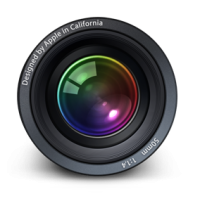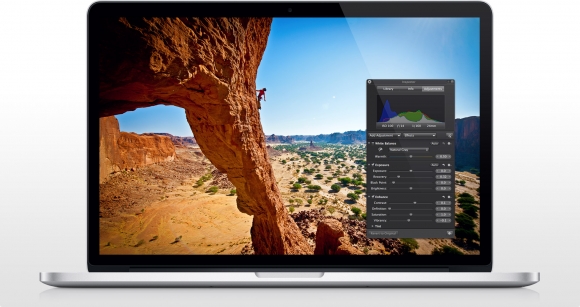Transfer your Aperture data to Lightroom with Aperture Exporter
posted Friday, July 18, 2014 at 5:28 PM EDT

During its WWDC Keynote this year, Apple showcased iOS 8 and OS X 10.10 Yosemite, and among the new features highlighted was their new Photos app. In a move to bring the mobile iOS and the OS X desktop operating systems closer together, the new Photos app will be available on both the mobile and the desktop OS. With these forcoming software updates, it was later announced that their pro-level image editing application Aperture will no longer be developed (and the more basic iPhoto app as well).
Users of the software will have to transition either to the new Photos app, which is scheduled to launch early next year following the release of OS X Yosemite this fall, or to third-party softwares such as Adobe's Photoshop and Lightroom.
Unfortunately for those who have created huge libraries and edited thousands of images in Aperture, there is no official way to migrate libraries and edits to Lightroom. Rebuilding them from scratch is not really an option, as it is not only time consuming but also highly inefficient. This is where Aperture Exporter comes in, an app that promises to migrate most of your data from Aperture to Lightroom.

What Aperture Exporter does, according to its creator, is to consolidate the various steps involved in migrating your Aperture data to Lightroom into a single solution. Currently still in beta development, the app transfers Aperture libraries, project hierarchies, photo metadata, master images with XMP sidecar files, as well as flags, color labels and keywords.
What is not possible is to transfer all the edits you've made to your images. Instead, Aperture Exporter offers to save edited images as JPEG or TIFF files, with the edits "baked-in." The only real alternative to migrating your Aperture data to Adobe Lightroom is to stick with Aperture for the time being -- with the knowledge that no bug fixes, new features and performance enhancements will be coming.
Whether the new Photos app will be able to replace all the features of Aperture remains to be seen; we'll know more next year.
(via SLR Lounge)